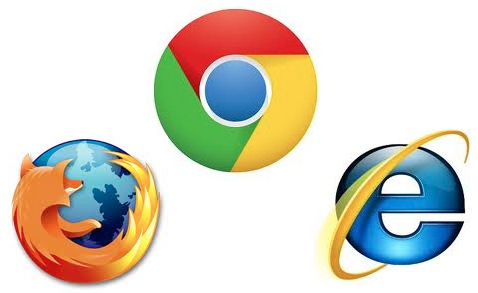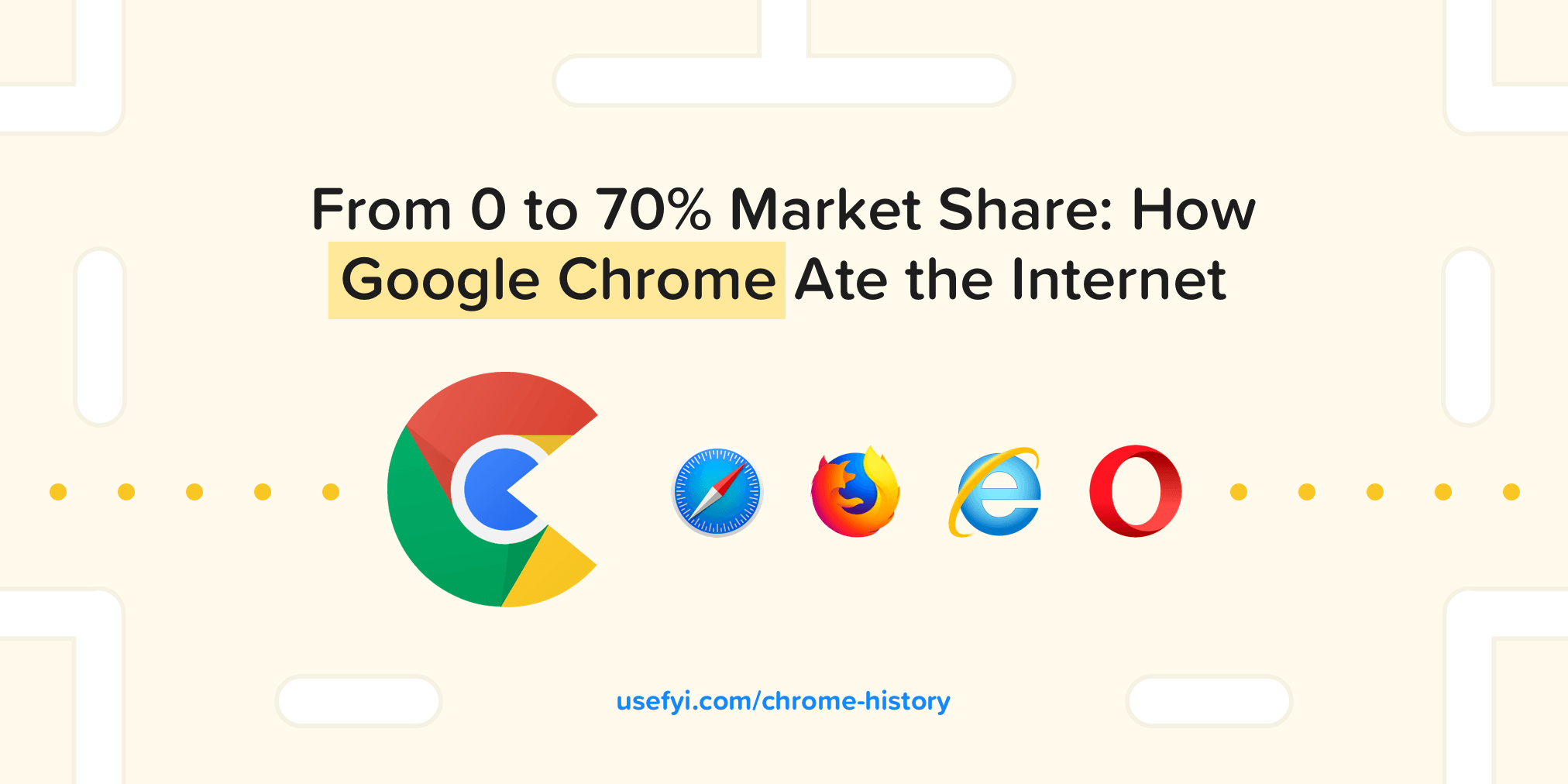
- WHICH IS BETTER GOOGLE CHROME FIREFOX OR INTERNET EXPLORER FULL
- WHICH IS BETTER GOOGLE CHROME FIREFOX OR INTERNET EXPLORER WINDOWS
The product is proprietary to Microsoft and hence is not open source. The product is available in about 95 different languages.
WHICH IS BETTER GOOGLE CHROME FIREFOX OR INTERNET EXPLORER WINDOWS
While Internet Explorer is targeted only for Windows operating system, Microsoft does not provide setups for Linux and Unix operating systems. Currently, the latest release is Internet Explorer 11 which was released a couple of months ago in September 2014. It has a very old history where the first version was released in 1995 with Windows 95. Internet Explorer is a web browser developed by Microsoft and is bundled with its Windows operating system. An advantage of chrome is that it is available across many operating systems while Internet Explorer is limited to Windows only. The main drawback of Internet Explorer is its bad performance. Despite the history now, Chrome has captured the first place in popularity of browsers while Internet Explorer has dropped to the third place. However, Chrome by Google was released just a few years ago in 2008. Internet Explorer is a proprietary web browser by Microsoft, that has a very long history dating back to 1995. Extensions are on the to-do list.When using the internet choosing a web browser is important, which make us compare the differences between Internet Explorer 11 and Google Chrome 39, the latest versions of the two popular web browsers.

With Chrome, expandability is limited to the usual content plugins - Flash, Acrobat, Silverlight and so on. There's no doubt that Firefox is the Swiss Army Knife of the internet, boasting an unrivalled collection of extensions and themes - although to be fair, IE is catching up with a decent collection of Toolbars and Extensions in the Internet Explorer Gallery. Bookmark management is non-existent, Chrome doesn't appear to know what an RSS feed is let alone offer any features to deal with one, and where IE and Firefox can zoom in and out of entire web pages Chrome merely makes the text bigger or smaller while leaving images intact.

Firefox does this too, but where Firefox then saves the page as a link Chrome opens it as a new browser window. We particularly liked the ability to delete a particular day's browsing history without getting rid of everything else, and the ability to resize on-screen text input boxes is brilliant.Īs with Firefox and IE you can re-arrange open tabs by dragging them around, but Chrome also enables you to drag a tab over the desktop. Click on the spanner icon and choose History to see a Google-style list of the pages you've visited along with a prominent search box for finding exactly what you want, and when you create a new tab there's an Opera-style collection of nine thumbnails to show you your most commonly visited sites along with your most recently added bookmarks. That doesn't mean Chrome doesn't have some nifty tricks. IE8 does the same but keeps a separate search box just in case, while Firefox sticks with URLs and previously visited pages in the address bar and search suggestions in the search bar.

Instead, you use the same box to type URLs and search criteria if it's the latter, Chrome comes up with some helpful suggestions. One thing Chrome has done is simplified the traditional combination of address bar and search bar.
WHICH IS BETTER GOOGLE CHROME FIREFOX OR INTERNET EXPLORER FULL
Its address bar and tabs remain at the top of the screen, whereas in full screen mode IE8 and Firefox get rid of absolutely everything. In fact, Chrome's slight space advantage disappears completely when you maximise it. Had Google gone for something other than THE WORLD'S BIGGEST FONT in the address bar, the difference would have been more pronounced. Disable Firefox's and IE's status bars - Chrome doesn't have one - and Chrome's header is a half-tab shorter than IE and the same size as Firefox. There's been a lot of talk about Chrome's minimalist appearance, but it doesn't make that much difference to the amount of space the browser actually takes up.


 0 kommentar(er)
0 kommentar(er)
